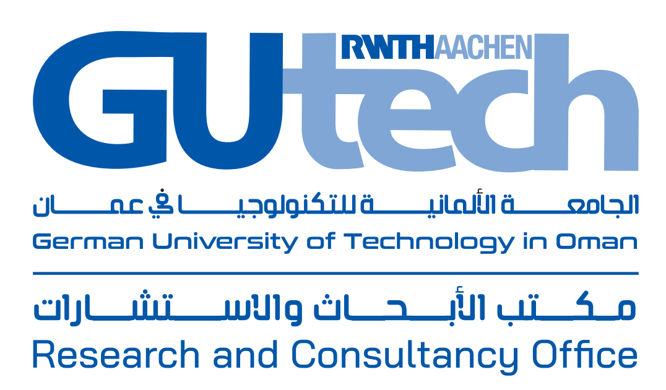Towards Sustainable Solutions: Using Machine Learning to Detect Suitability of Local Microalgae for Carbon Capture


Ms. Khadija Al Balushi
(Principal Investigator)
Ms. Khadija Al Balushi
(Principal Investigator)
- Home
- /
- Research and Consultancy Office
- /
- Research projects
- /
- Block Funding Program
- /
- Towards Sustainable Solutions: Using...
BFP/GRG/EBR/24/084
Towards Sustainable Solutions: Using Machine Learning to Detect Suitability of Local Microalgae for Carbon Capture
Abstract
Carbon dioxide (CO2) plays a significant role in both local and global industrial carbon footprints, directly impacting climate change and its associated environmental challenges. Microalgae, known for their adaptable growth capabilities and ability to absorb CO2, have emerged as a promising solution for reducing carbon footprints effectively. Microalgae are essential components of marine ecosystems, crucial for maintaining species balance and offering considerable economic value. Despite their microscopic size, microalgae are abundant in seawater. However, identifying and monitoring their diverse species poses significant challenges. Machine learning techniques, particularly Convolutional Neural Networks (CNNs), have gained attention for their success in object classification and recognition. By utilizing CNNs as supervised learning tools, computers can identify patterns in microscopic images essential for microalgae species identification and classification. Constructing an accurate AI requires access to precise datasets. Researchers have achieved notable success in applying machine learning methods to microalgae applications. Our research consolidates recent progress in microalgae categorization, determining optimal conditions for carbon capture, and growth monitoring using various machine learning techniques. Additionally, we aim to explore different machine learning approaches, such as Supervised Machine Learning Algorithms and Reinforcement Learning. Cultivating microalgae represents a proactive approach to achieving a cleaner future and reducing environmental emissions, with algal biomass absorbing approximately 1.8 kg of CO2 per kilogram. The ultimate goal is to achieve zero carbon emissions by 2040. By integrating the exploration of local Omani microalgae, DNA extraction for genetic characterization, and the utilization of machine learning algorithms for carbon capture suitability detection. Through these interdisciplinary efforts, we aim to drive Oman towards a sustainable future while addressing global climate challenges.
.png)
